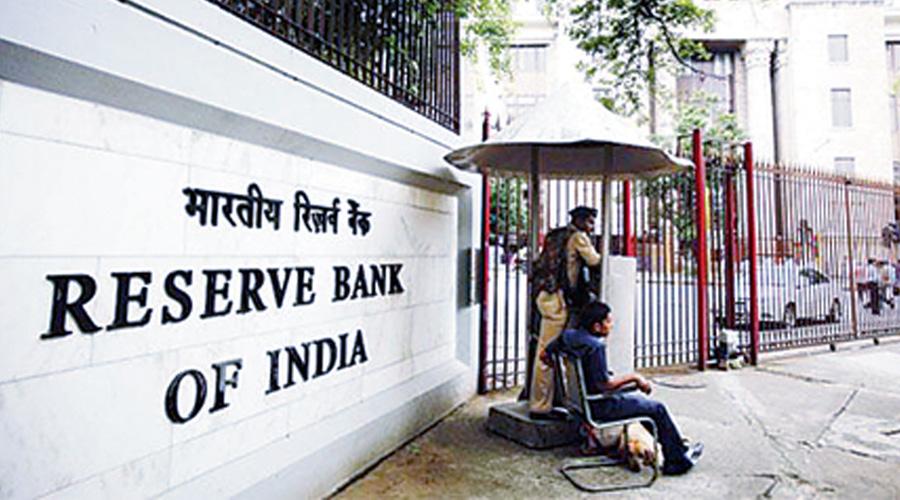The Reserve Bank of India (RBI) on Tuesday made it mandatory for commercial banks and urban cooperative banks (UCBs) to seek its approval before appointing auditors.
The banking regulator also ruled that the auditors will have to be appointed for a continuous period of three years with a maximum assignment tenure of six years.
More importantly, entities with an asset size in excess of Rs 15,000 crore at the end of the previous year will have to appoint at least two auditors who will have to conduct a joint audit. The joint auditors should not have common partners and cannot belong to the same network of audit firms.
The new guidelines for the appointment of statutory central auditors (SCAs) and statutory auditors (SAs) of banks and non-banking finance companies (NBFCs), including housing finance companies, have been framed at a time when banks have started to recognise fresh bad loans and make appropriate provisions in their books.
The Supreme Court had recently lifted a freeze on bad loan recognition that had been imposed last September until the apex court delivered a ruling on a batch of petitions from small businesses and real estate developers seeking an extension of the debt moratorium that the RBI had granted for a period of six months till August 30 last year.
The new auditor guidelines will be applicable for 2021-22 and onwards. However, banks have been granted some leeway with the RBI granting them the flexibility to adopt the new guidelines from the second half of this fiscal “in order to ensure that there is no disruption”.
It was not immediately clear how many banks would have to scramble to change their auditors in the middle of the fiscal because of the six year cap on audit assignments.
The regulator said that NBFCs with assets of less than Rs 1,000 crore can continue with the current guidelines.
One audit firm will be permitted to concurrently audit a maximum of four commercial banks (including not more than one PSU bank or one all India financial institution like Nabard, Sidbi, National Housing Bank or the Export Import Bank), eight urban cooperative banks and eight NBFCs in a financial year.
Audit firms will be allowed to provide non-audit services to banks, including actuarial services, investment advisory and take up special assignments from banks. But there will have to be a time gap of at least one year between a non-audit assignment and the firm’s appointment as a statutory auditor of a bank.
The auditor guidelines come just a day after the RBI tightened corporate governance standards for the banking industry and set a 15-year cap on the tenure of a chief executive of a private bank.
In its statement on developmental and regulatory policies that was issued as part of the monetary policy statement on December 4 last year, the RBI had said it would come out with guidelines on appointment of statutory auditors.
The NBFCs will not have to seek prior approval from the RBI while appointing an auditor but will have to inform the central bank through an annual certificate.
The norms said that entities with an asset size of below Rs 15,000 crore will have to appoint only one statutory auditor. At the same time, it set thresholds for the appointment of the maximum number of auditors at a bank.
If the asset size of the regulated entity is Rs 5 lakh crore, it can have a maximum of four SCA/SAs. This will go up to six if the asset size is between Rs 5,00,000 crore and up to Rs 10,00,000 crore, eight if it is above Rs 10,00,000 crore and up to Rs 20,00,000 crore, and 12 if it is above Rs 20,00,000 crore.
In the case of commercial banks (excluding regional rural banks) and NBFCs, the audit committee of the board (ACB) or the local management committee (LMC) will monitor and assess the independence of the auditors and conflict of interest position, in terms of relevant regulatory provisions, standards and best practices.
The RBI said that any concerns in this regard may be flagged by the ACB or LMC to the board of the commercial bank and concerned senior supervisory manager or regional office of the central bank.










